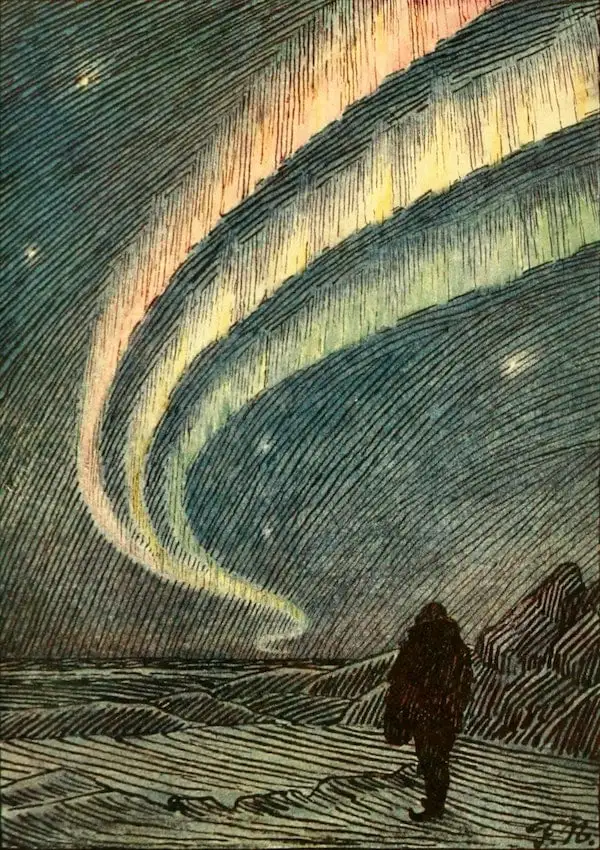- cross-posted to:
- becomeme@sh.itjust.works
- cross-posted to:
- becomeme@sh.itjust.works
For the first time, astronomers have created a data-driven estimate for how many black holes are in our Universe: more than anyone expected.
Well, that sucks
Heavy, man.
I’ve always been interested in black holes. In college I’d lie in my bed at night and try to imagine what it would feel like to enter one
deleted by creator
You’d be like a limp noodle
Not for a supermassive black hole.
You’d slowly be turning into a limp noodle as you approach the singularity from the event horizon
Pretty sure there’s a pill for that
It’s weird that it’s a round number
You might be on to something here.
For large estimates, it would be suspicious if it wasn’t round.
The number is 40,000,000,000,000,000,000. That can mean two different things.
- It’s exactly that many. Not ,001, not ,999. That is your “assumption”.
- Not all of those digits are significant digits.
To illustrate with an example of that article:
if a length measurement yields 114.8 mm, using a ruler with the smallest interval between marks at 1 mm, the first three digits (1, 1, and 4, representing 114 mm) are certain and constitute significant figures.
Let’s assume they measured these 40 quintillion with a “ruler” which has a resolution of 1 quintillion. In that case, they could just as well say the number is 40.1539577 quintillion, or dream up any other combination of digits after the leading ‘40’ (like, for example “000,000,000…”). Because they don’t know.
But if they noted a non-zero string of digits, readers would wrongly assume their ruler has sufficient precision to measure these smaller digits.
So this notation conveys two insights:
- We know the first digit(s): It’s 4. (and maybe 40, 400, …)
- We don’t know the smaller digits, but we do know the magnitude.
So a non-round number would be suspicious, because it pretends to have precision which it most certainly cannot have.
I know it’s not relevant and nobody cares but those bigger -illion numbers really tick me off. Like, it was once was a perfectly usable system. It was a million to some power. So a quintillion is a 5-illion, is a million to the 5th power, is 10^30. Simple. But then headline writers got a hold of the words billion and trillion to sensationalise about stuff like national budgets, who cares if they’re using the right words for the right numbers, and now the pattern is broken. It’s, what? A thousand times a thousand raised to a power?
So 40 quintillion is … 40 × a thousand × a thousand to the fifth power, is … 4×10^(1+3+15), 4×10^19? Is that right? 40,000,000,000,000,000,000? Why does it have to be so difficult? It’s just numbers.
It’s just numbers.
Numbillion numbers.
That’s numberwang!
Observable universe? Or the theoretically infinite universe?
Article says observable. An infinite universe that’s homogeneous and isotropic would have an infinite number of… everything?
Indeed.
A gaggle of singularities?
A swarm. A hive. A parliament.No, no… a SCHOOL of singularities!
a SUCC of singularities
🎵 “now they know how many holes it takes to fill the Albert Hall”
It lacks precision
You counted them all?
I bet they didn’t count the one that’s in my heart…








